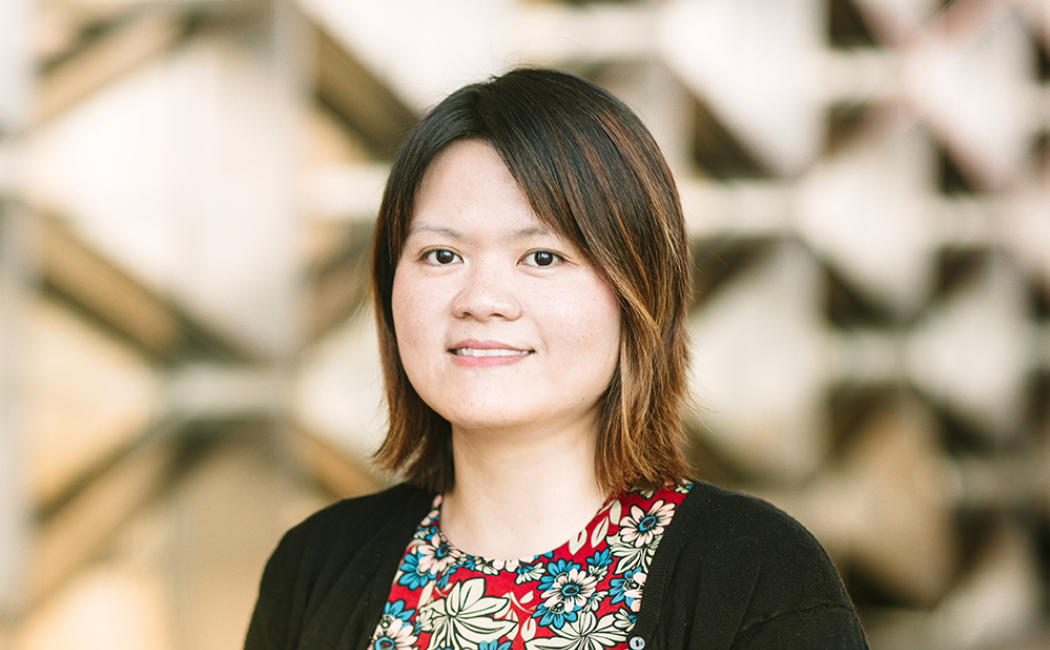


21 May, 2020
In the third series of Sci-Café: COVID-19, WDRC faculty Associate Prof. Peiying Hong joined Prof. Thomas Anthopoulos and
Associate Prof. Xiangliang Zhang in a multi-disciplinary panel of experts at KAUST. In this interview by Naadiya Carrim, they each shared how their research expertise has adapted to address the broad challenges brought by COVID-19. Six
other experts from KAUST participated in the earlier interviews in April.
As an associate professor of environmental science and engineering, Dr. Peiying Hong's research focuses on the monitoring and understanding of emerging microbial contaminants in wastewater and in examining the appropriate technologies or management plans
to mitigate risks. Her team has been regularly collecting wastewater samples at KAUST and in the municipality of Jeddah to address these research questions.
When President Tony Chan called for KAUST scientists to make contributions to tackle the COVID-19 crisis,
Dr. Hong is one of the scientists who responded. "We have been collecting wastewater for quite some time at KAUST wastewater treatment plant even before Saudi Arabia announced its first case on March 3rd. We wanted to monitor for SARS-CoV-2 in those
wastewaters to determine if there is an outbreak at KAUST and in other parts of Saudi Arabia. Such effort echoes what scientists in Australia, The Netherlands, and the US have been doing to detect the presence of SARS-CoV-2 in wastewater." Dr. Hong
explained.
Due to the limited availability of testing kits and the economic burden of swab-testing the entire population, Dr. Hong described how wastewater analysis could be a non-invasive and cost-effective step in the early detection of COVID-19 outbreaks in communities.
A systematic approach of sampling by dividing communities into zones could streamline the selection of those who are at risk and need individual swab-testing. More importantly, it could lead to the identification of asymptomatic cases, which could
significantly prevent the spread of infection. Back at her home country, Singapore, scientists are exploring the idea of testing wastewater from the sewer of dormitories to identify an outbreak in the community of workers.
As Saudi Arabia's infected cases continue to grow, her team faced various challenges in collecting samples. Nevertheless, the team has maintained a positive outlook on the possible reuse of wastewater based on current observations.
Watch the full interview moderated by Naadiya Carrim below: